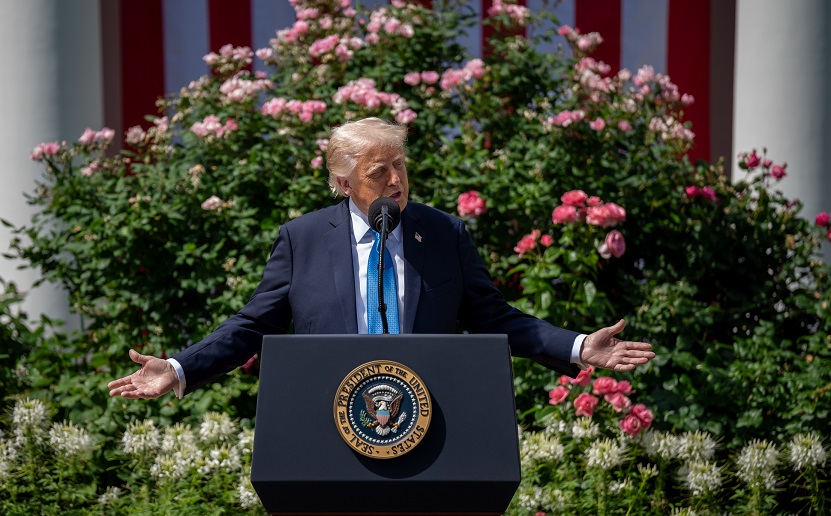
US Appeals Court Temporarily Reinstates Trump Tariffs
A U.S. federal appeals court has allowed the continuation of President Donald Trump’s tariffs, temporarily halting a lower court ruling that had declared them unlawful. These tariffs, originally imposed under the pretext of safeguarding national security, cover key imports such as steel, aluminum, and other industrial goods.
The ruling marks a significant moment in the ongoing legal tug-of-war over the extent of presidential powers in setting trade policies. The court stated that the economic and strategic implications of removing these tariffs warranted further examination, and thus, their suspension should be delayed until a final judgment is reached.
According to officials, the reinstated duties are considered critical to protecting sectors vital to national defense and are a part of broader strategies designed to reduce dependency on foreign supply chains and revive domestic manufacturing.
Legal Questions on Presidential Authority
The case primarily hinges on interpretations of the International Emergency Economic Powers Act (IEEPA). A lower court had previously ruled that the Trump administration exceeded its statutory powers by imposing tariffs without a clearly defined national emergency as mandated by the law. It had concluded that economic arguments alone do not suffice to justify emergency declarations under IEEPA.
However, the appeals court found that lifting the tariffs immediately could compromise U.S. economic leverage and security preparedness, particularly in sensitive industries. As a result, the court has given both sides until early June to file their detailed arguments before delivering a final verdict.
This interim ruling indicates the judiciary’s cautious approach when dealing with matters that intersect executive authority and national interest. The future course of the case will determine whether such trade measures can continue to be used unilaterally under broad definitions of national security.
National Security and Economic Policy Interlinked
The former administration has long maintained that a strong domestic industrial base is essential to national security. By invoking legislative provisions that enable trade actions on security grounds, Trump-era officials argued that the erosion of domestic steel and aluminum production posed risks to critical infrastructure and defense supply chains.
The court’s decision to preserve the status quo underscores how national security justifications continue to influence economic policy. It also reflects the judiciary’s recognition of the broader implications that such trade interventions carry—not just in terms of global commerce, but also in defining the limits of executive power.
As legal proceedings continue, the case is poised to set a precedent on how future administrations may or may not invoke emergency powers to implement economic measures with strategic intent.


















